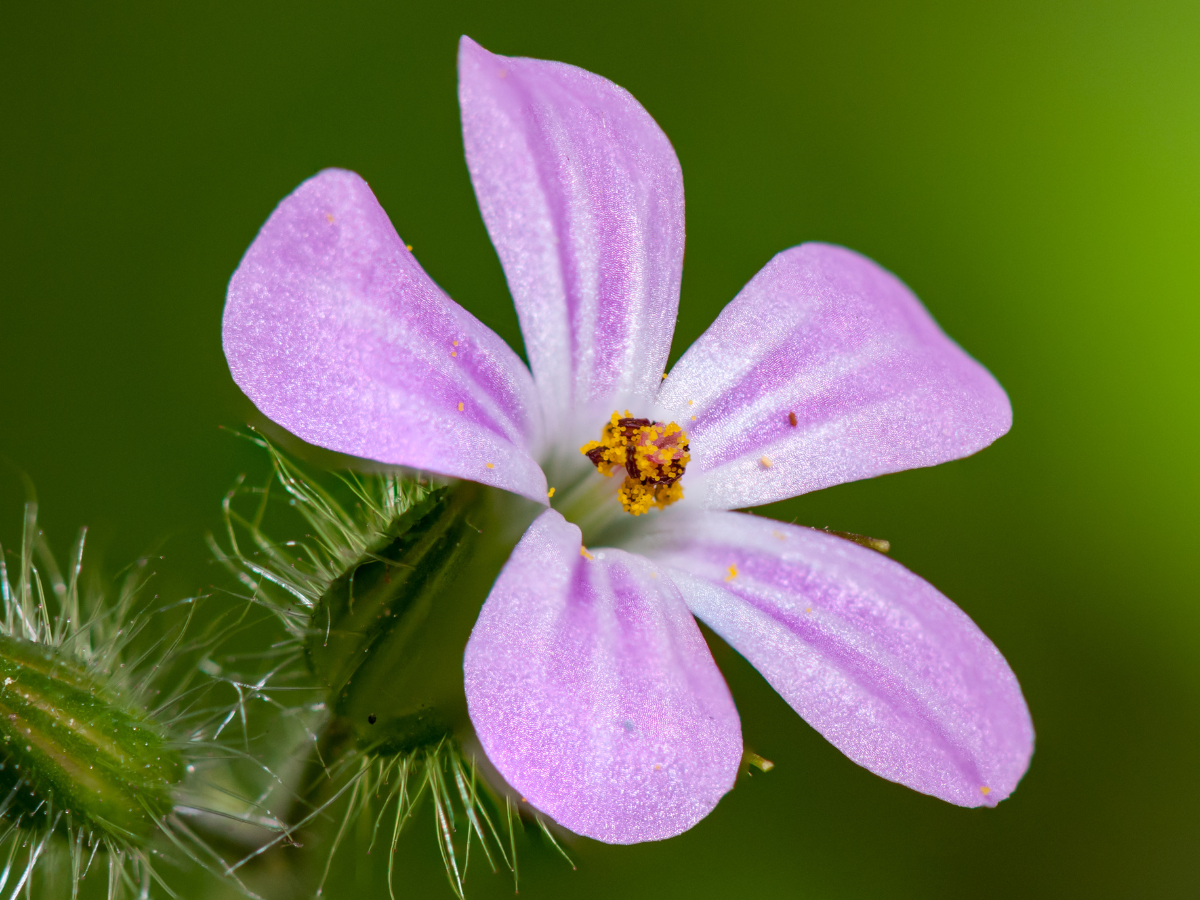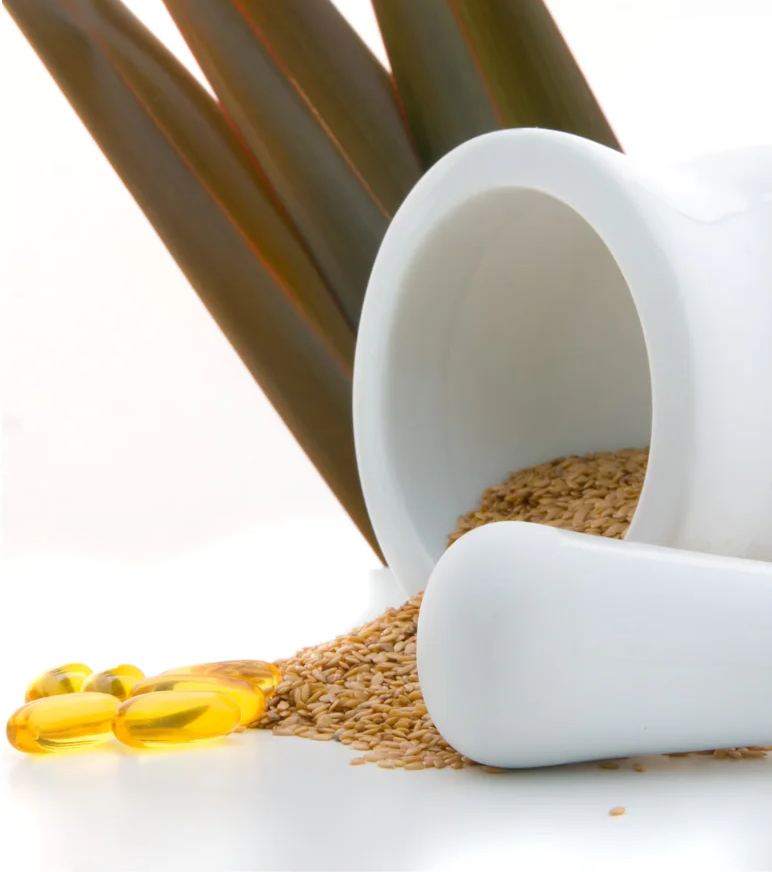Rhassoul-Tonerde vs. Shampoo in der Haarpflege

In der Welt der Haarpflege werden wir ständig mit neuen Produkten überflutet, die gesünderes, glänzenderes und leichter zu bändigendes Haar versprechen. Doch was, wenn die Lösung nicht im Supermarktregal liegt, sondern direkt aus der Natur stammt? Heute werfen wir einen Blick auf den Vergleich zwischen Rhassoul-Tonerde und herkömmlichem Shampoo – und zeigen die Vorteile dieses uralten Schönheitsgeheimnisses im Gegensatz zu modernen Produkten auf.
Was ist Rhassoul-Tonerde?
Rhassoul-Tonerde, auch bekannt als marokkanische Lavaerde, ist eine natürlich vorkommende Tonerde, die seit Jahrhunderten im Herzen Marokkos verwendet wird. Reich an Mineralien wie Silizium, Magnesium, Kalium und Kalzium, bietet sie bemerkenswerte Vorteile für das Haar und ist daher ein geschätzter Bestandteil in der natürlichen Schönheits- und Körperpflege.
Die Magie der Rhassoul-Tonerde
Rhassoul-Tonerde wird seit Jahrhunderten in der Haut- und Haarpflege eingesetzt. Diese mineralreiche Tonerde, die aus dem Atlasgebirge Marokkos stammt, bietet viele Vorteile für dein Haar:
- Sanfte Reinigung: Entfernt Schmutz, Öl und Produktreste, ohne die natürlichen Öle des Haares zu entziehen.
- Ausgleich des Kopfhaut-pH-Werts: Ihre leicht saure Natur hilft, den idealen pH-Wert der Kopfhaut aufrechtzuerhalten und fördert somit ein gesundes Haarwachstum.
- Mehr Volumen und Glanz: Die enthaltenen Mineralien verleihen dem Haar Fülle und natürlichen Glanz.
- Beruhigt die Kopfhaut: Ihre entzündungshemmenden Eigenschaften helfen bei Problemen wie Schuppen oder Juckreiz.
- Frei von Chemikalien: 100 % natürlich und daher auch für empfindliche Kopfhaut geeignet.
- Reich an Mineralstoffen: Nährt das Haar von der Wurzel bis zur Spitze mit wertvollen Mineralien.
Die Kehrseite herkömmlicher Shampoos
Auch wenn sie praktisch und überall erhältlich sind, haben viele handelsübliche Shampoos einige Nachteile:
- Starke Tenside: Inhaltsstoffe wie Sodium Lauryl Sulfate (SLS) können Haar und Kopfhaut austrocknen und reizen.
- Künstliche Duftstoffe: Können allergische Reaktionen auslösen und stehen im Verdacht, das Hormonsystem zu stören.
- Silikone: Glätten zwar kurzfristig, können aber langfristig das Haar beschweren und stumpf machen.
- Parabene: Konservierungsstoffe, die möglicherweise gesundheitsschädlich sind.
- Austrocknende Alkohole: Können das Haar spröde machen und zu Haarbruch führen.
- Umweltauswirkungen: Plastikverpackungen belasten die Umwelt erheblich.
Der Umstieg
Der Wechsel von Shampoo zu Rhassoul-Tonerde braucht etwas Eingewöhnung, da man zuerst eine Paste mit Wasser anrühren muss – doch die Resultate lohnen sich.
Hier ist eine einfache Anleitung für deine eigene Rhassoul-Haarmaske:
Rhassoul-Tonerde für das Haar: Ein vollständiger Guide – Hammam Care
Denke daran: Jedes Haar ist anders. Was für die eine Person funktioniert, muss nicht automatisch für alle geeignet sein. Deshalb empfiehlt sich immer ein Verträglichkeitstest vor der ersten Anwendung – auch bei Naturprodukten wie Rhassoul.
Fazit: Während herkömmliche Shampoos Bequemlichkeit bieten, stellt Rhassoul-Tonerde eine kraftvolle, chemiefreie Alternative dar, die Haar und Umwelt respektiert. Gib diesem traditionsreichen Schönheitsgeheimnis eine Chance – und erlebe, wie sich deine Haare verändern können.




